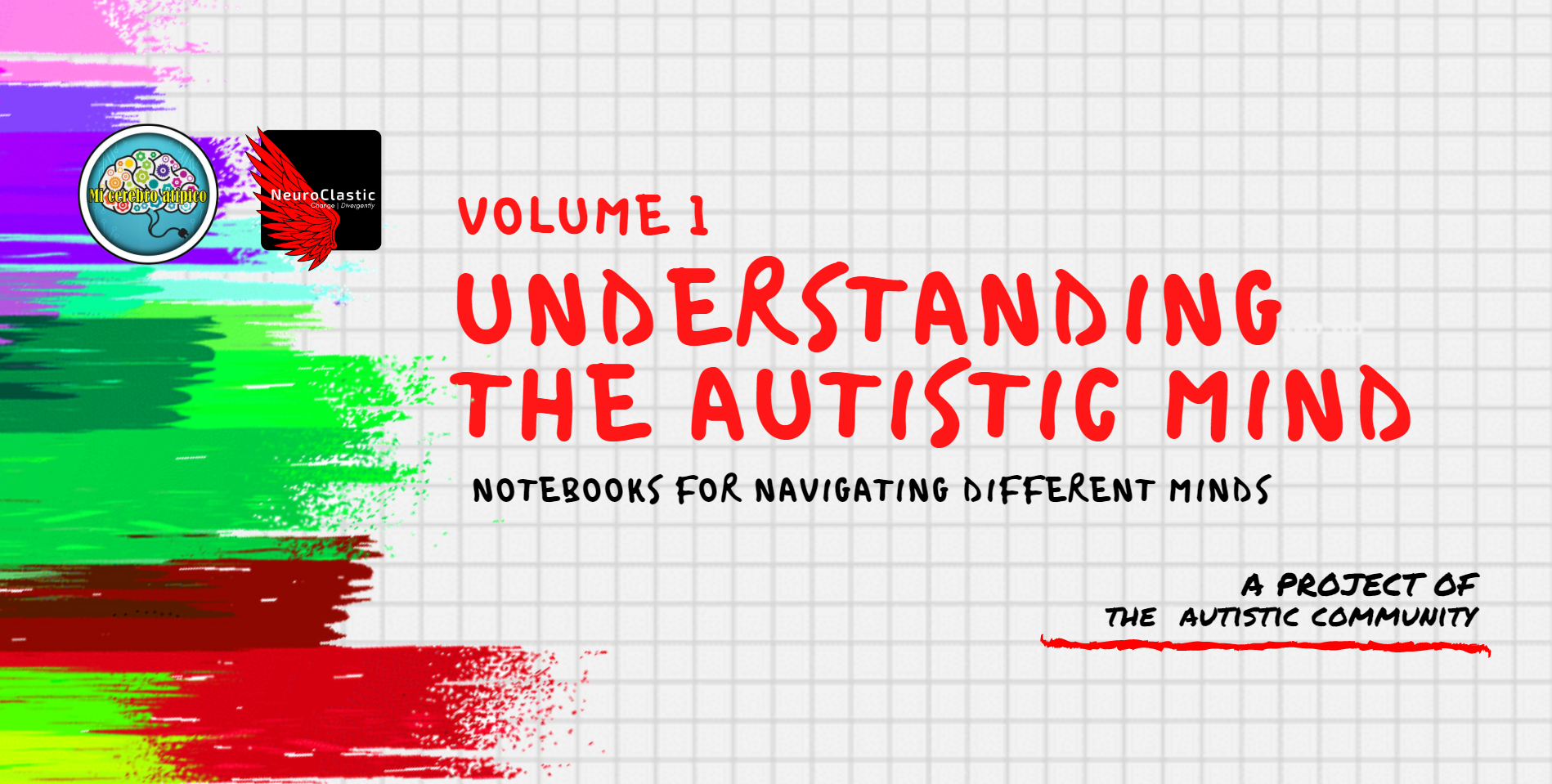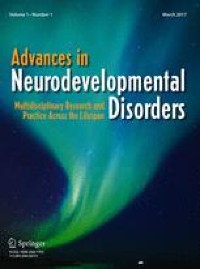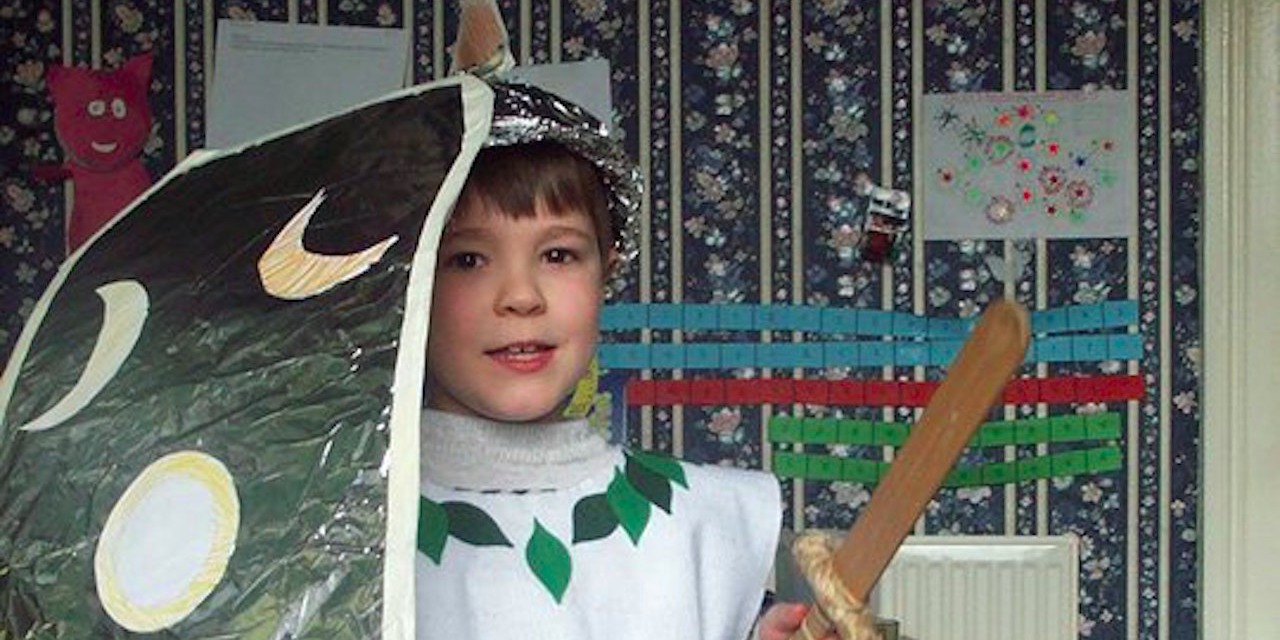Happy New Year/New Year's Eve folks!
These forums have been so helpful and reassuring. I thought I'd share my latest concern that is weighing on my mind and ask for feedback, especially from the neurodiverse crowd.
My dear 4 year old son's ASD diagnosis report includes recommendations for support. Many of them we already had in place (SLP, OT, supported preschool) but there was also a recommendation for support from a Board Certified Behavioural Analyst (BCBA). BCBA seems to be an occupation overseen by a pseudo-regulatory/member association. The recommendation seems very boiler plate in the report as it suggests an BCBA could help with my son's social skills, rigidity and enhance emotional regulation. From that list, I would say that only the first item is something that is an area of concern. My son has no problems with transitioning, changing routines or surprises and only has emotional challenges when he is tired, something I would chalk up to typical 4 year old behaviour.
Nevertheless, I am finding myself looking into how BCBA could help my son as we do receive substantial funding with his diagnosis. There is a provider in the building where my son goes to preschool that I have spoken with. A number of children from my son's class attend their therapy several times per week. They offer the "denver model". I quickly looked it up and the first website in my search was a page on the autism speaks website (red flag?). There is also suggestion that this model is considered ABA or similar (another red flag?). Are all programs with these names created equal? How do I know when my son can't really convey complex thoughts and feelings to me yet?
I don't want to sign my son up for anything that will be harmful to him or that aims to change him to accommodate a neurotypical world.
Any thoughts or advice? I am struggling to find BCBA providers and with the amount of appointments and therapies he already has, it is getting hard to schedule/drive/attend and work a full time job/look after my other child. It was just nice that the provider I spoke with is in the same building as my son's school already, however, convenience does not trump safety and efficacy of therapy.
Thank you!
These forums have been so helpful and reassuring. I thought I'd share my latest concern that is weighing on my mind and ask for feedback, especially from the neurodiverse crowd.
My dear 4 year old son's ASD diagnosis report includes recommendations for support. Many of them we already had in place (SLP, OT, supported preschool) but there was also a recommendation for support from a Board Certified Behavioural Analyst (BCBA). BCBA seems to be an occupation overseen by a pseudo-regulatory/member association. The recommendation seems very boiler plate in the report as it suggests an BCBA could help with my son's social skills, rigidity and enhance emotional regulation. From that list, I would say that only the first item is something that is an area of concern. My son has no problems with transitioning, changing routines or surprises and only has emotional challenges when he is tired, something I would chalk up to typical 4 year old behaviour.
Nevertheless, I am finding myself looking into how BCBA could help my son as we do receive substantial funding with his diagnosis. There is a provider in the building where my son goes to preschool that I have spoken with. A number of children from my son's class attend their therapy several times per week. They offer the "denver model". I quickly looked it up and the first website in my search was a page on the autism speaks website (red flag?). There is also suggestion that this model is considered ABA or similar (another red flag?). Are all programs with these names created equal? How do I know when my son can't really convey complex thoughts and feelings to me yet?
I don't want to sign my son up for anything that will be harmful to him or that aims to change him to accommodate a neurotypical world.
Any thoughts or advice? I am struggling to find BCBA providers and with the amount of appointments and therapies he already has, it is getting hard to schedule/drive/attend and work a full time job/look after my other child. It was just nice that the provider I spoke with is in the same building as my son's school already, however, convenience does not trump safety and efficacy of therapy.
Thank you!










